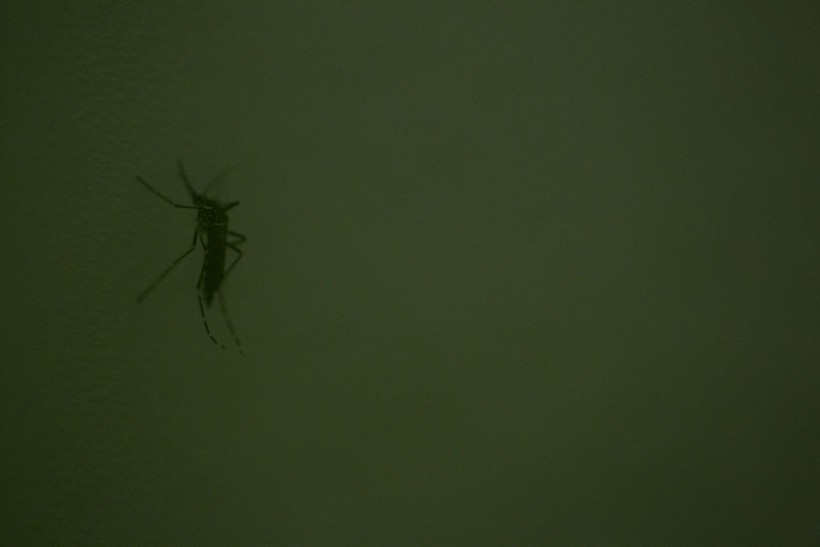Americas: Dengue Cases Sore Over 50% in a Month, Says PAHO

Cases of a disease known for its excruciating symptoms and potential fatalities have surged, prompting a warning from a United Nations agency.
Jarbas Barbosa, the head of the Pan American Health Organization (PAHO), has raised concerns over the dramatic increase in dengue fever cases across the Americas this year, totaling over 5.2 million cases, a significant leap from the 3.5 million cases reported just a month prior.
The surge in cases has led to more than 1,800 deaths attributed to the mosquito-borne viral illness, Daily Mail reports.
Epidemiologists attribute this increase to global temperature rises, extending the lifespan of mosquitoes carrying the virus and expanding their habitat.
Argentina and Brazil are particularly hard-hit, though recent weeks have shown signs of stabilization in case numbers.
Despite efforts to combat the outbreak, the limited availability of the existing dengue vaccine poses a significant challenge.
Barbosa emphasized that even with widespread vaccination, the immediate impact on halting the outbreak would be minimal.
Dengue symptoms range from fever and headaches to severe hemorrhagic fever, which can be fatal.
READ NEXT: Rio de Janeiro Declares Health Emergency Due to Dengue Before Carnival
The Environmental Factors Behind Dengue Outbreaks
Climate factors, including rising temperatures and increased precipitation due to El Nino, have provided optimal conditions for mosquito breeding, fueling the outbreak, according to Reuters.
Studies indicate a direct correlation between temperature, rainfall, and mosquito reproduction rates.
These environmental shifts have led to a fivefold increase in dengue cases in the Americas since the late 1990s.
While the United States typically experiences thousands of dengue cases annually, primarily acquired during travel, this year presents concerns for local transmission.
Health experts warn that heat waves could exacerbate transmission, potentially leading to an increase in locally acquired cases.
Kacey Ernst, an epidemiologist, highlights the unprecedented nature of this year's transmission, per Scientific American.
The sudden increase in cases has overwhelmed healthcare facilities, leaving hospitals struggling to manage the surge in patient numbers.
Lima's Hospital Sergio Bernales, for instance, has seen a doubling of dengue cases compared to the previous year, leading to overcrowding and resource strain.
To address the outbreak, PAHO recommends a multifaceted approach focusing on surveillance, mosquito control, and clinical management.
While there is no specific treatment for dengue, detecting health issues early and receiving appropriate medical attention can greatly lower the chances of death.
Understanding Dengue Transmission
Dengue is primarily transmitted through the Aedes aegypti mosquito, which also carries other viruses such as yellow fever, chikungunya, and Zika, CNN noted.
The virus thrives in urban and semi-urban areas with tropical and subtropical climates, posing a significant public health challenge in affected regions.
Endemic in over 100 countries, dengue poses a persistent threat to public health worldwide.
US territories like Puerto Rico, the US Virgin Islands, and American Samoa are particularly vulnerable to dengue outbreaks due to their tropical climates.
The spike in dengue fever cases across the Americas highlights the critical necessity for coordinated actions to curb the disease's spread.
With climate change worsening conditions for mosquito breeding, ensuring the protection of vulnerable communities and fortifying healthcare systems against future outbreaks demands proactive measures.
READ MORE: Bogota Implements New Water Consumption Measures Amid Drought
This article is owned by Latin Post.
Written by: Ross Key
WATCH: South America Dengue Spike | Dengue Spike In South America | Dengue Cases in U.S. | N18V | News18 - From CNN-News18
Subscribe to Latin Post!
Sign up for our free newsletter for the Latest coverage!














